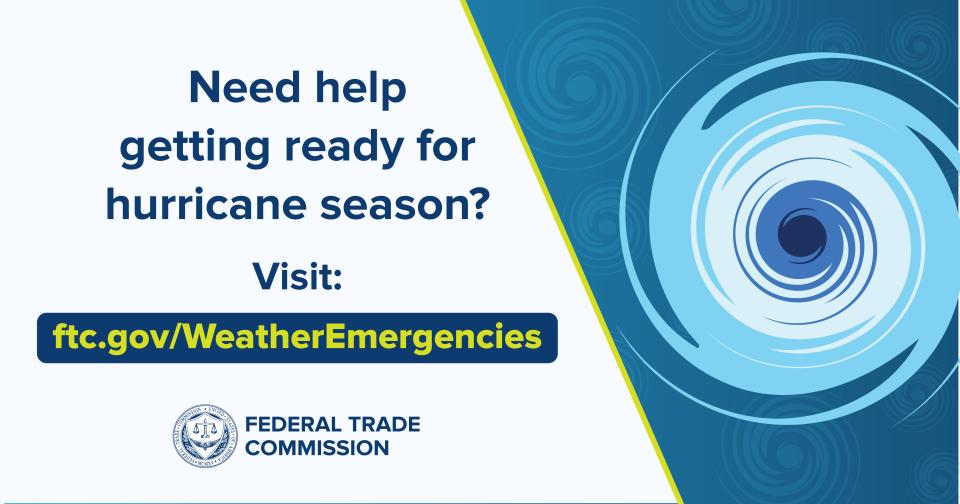When it comes to preparing for hurricanes, financial readiness is as important as a flashlight with fully charged batteries. Leaving your home can be stressful, but knowing that your personal and financial documents are up to date, in one place, and portable can make a big difference at a tense time. Read on to learn how to identify and organize important papers before a disaster strikes.
Here are some steps to help you get started.
Check your insurance. Find out if any of your home, health, or other insurance policies will pay for temporary shelter, replacement clothing, furniture, or other items if you are affected by extreme weather.
Conduct a household inventory. Make a list of your physical possessions and document them with photos or a video. Gather your inventory, along with important documents and information like Social Security and health insurance cards, and a list of current prescriptions. Include copies of important financial and family records, including deeds, titles, wills, birth, and marriage certificates.
Keep information safe and accessible. Put important documents in a lockable fireproof file box. Keep it in an accessible place in your home so you can grab it and go. Include some cash, since ATMs or banks may be closed, an extra set of keys for your house and car, and the key to and safe deposit box you might have.
Stay in the know. Bookmark ftc.gov/WeatherEmergencies. If a hurricane affects you, check back for advice on recovery, your rights, and how to spot, avoid, and report scams.


thank very much for this imformation. it's important.!!!
Good info. Everyone should have a fireproof safe in the basement. or waterproof in a flood zone. Esp with today's insurance companies. They take money but don't like to pay legit claims. The banks were always takers and if you ever tried to take all your money out and bring it to another financial institution, good luck.